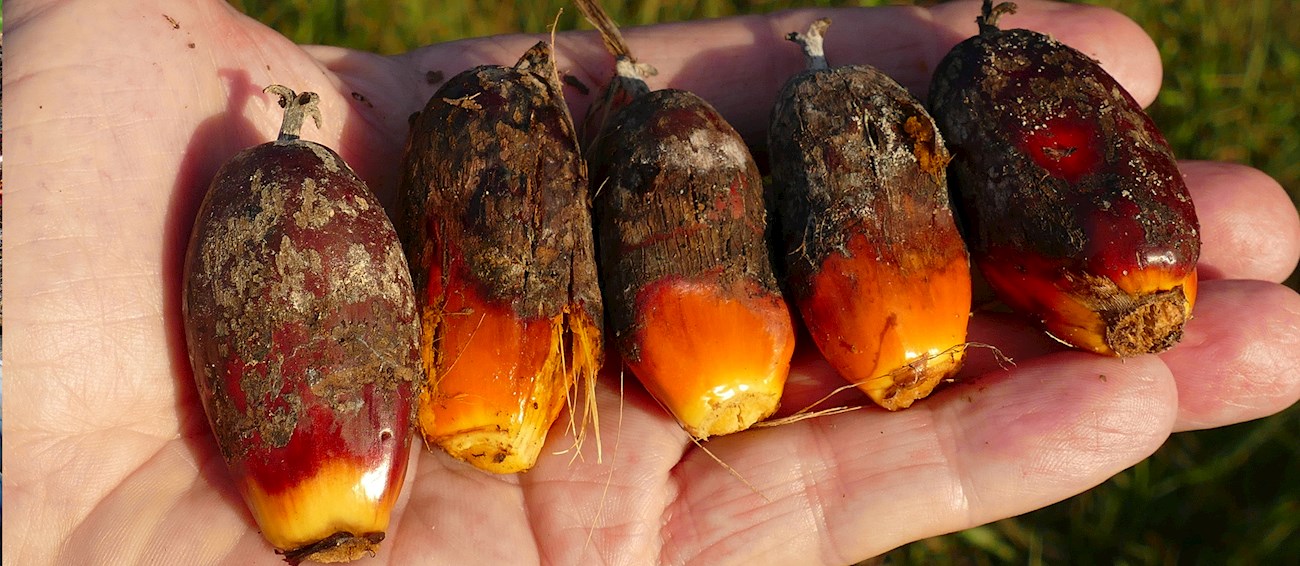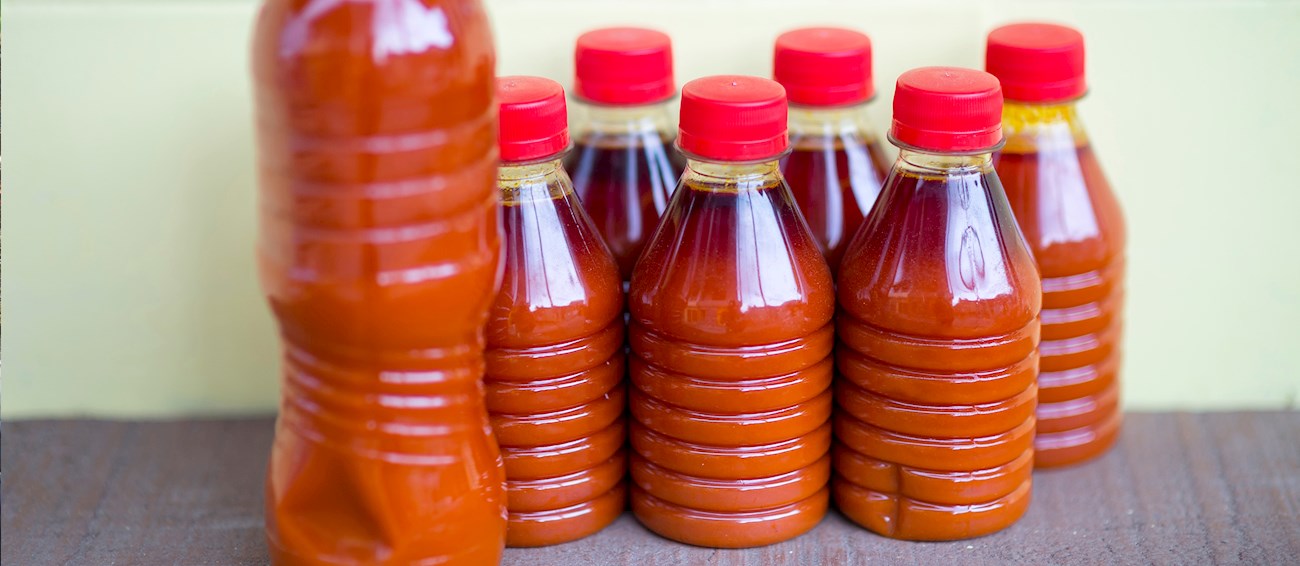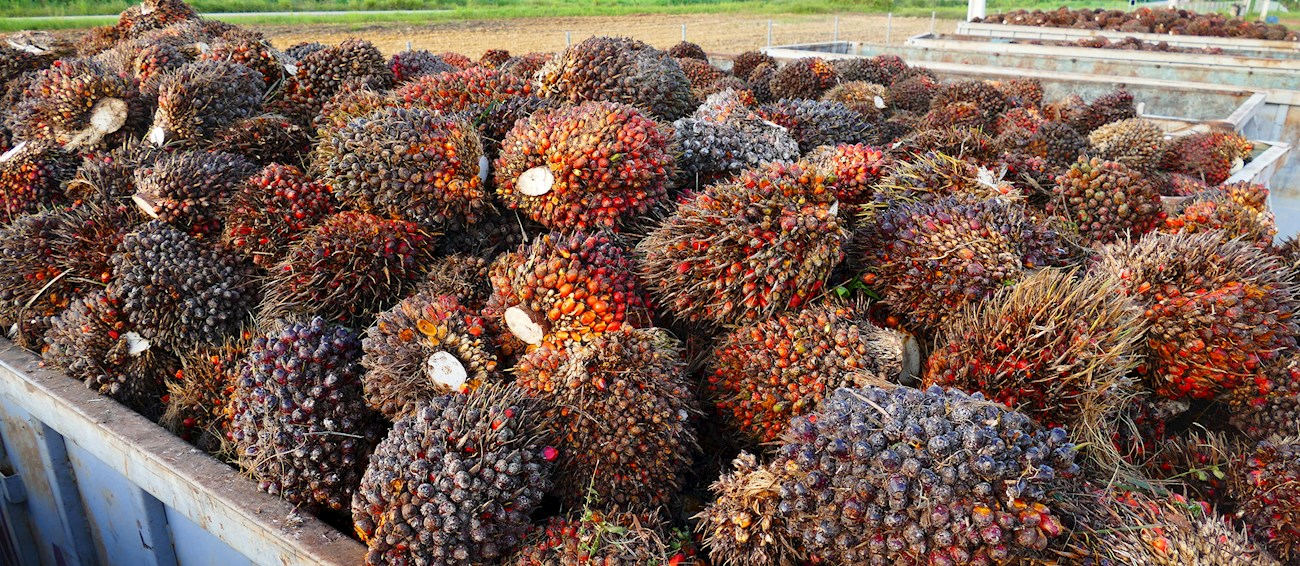(Dendê Palm Oil, Óleo de palma)
Azeite de dendê or dendê palm oil is a traditional and widely used cooking oil derived from the fruit of the African oil palm tree (lat. Elaeis guineensis), characterized by its rich red color and distinctive, nutty flavor.
Although the palm is of African origin and the oil from it is a staple ingredient in the cuisines of many African countries, particularly in West Africa, azeite de dendê has evolved to be a separate variety, emblematic of the Brazilian state of Bahia.
The palm was brought to that region in the 16th century but wasn't intensively grown until the abolition of slavery. Then, the quilombolan communities (descendants of the African slaves) started cultivating the plant and producing artisanal oil. It has since become an integral part of the culinary heritage of the region, and there are efforts to preserve the traditional methods of production.
Azeite de dendê is used in various traditional local dishes, such as moqueca, bobó de camarão, vatapá and curaru.
Part of
Moqueca Baiana
Moqueca Baiana is a seafood stew originating from the Brazilian state of Bahia, hence the word Baiana in its name. It consists of white fish, shrimps, or other ... Read more
Bobó de camarão
A classic dish of the Brazilian Bahia region, bobó de camarão is a stew made with puréed cassava (bobó), fresh shrimps, coconut milk,... Read more
Abará
Abará is a popular Brazilian snack consisting of black-eyed peas or beans that are mashed into a paste, then steamed in a banana leaf. The dish is very similar ... Read more
Caruru
Caruru is a Brazilian dish consisting of okra, dried shrimps, onions, and toasted nuts cooked in dendê palm oil. In the Bahia region, caruru is traditionally ... Read more









